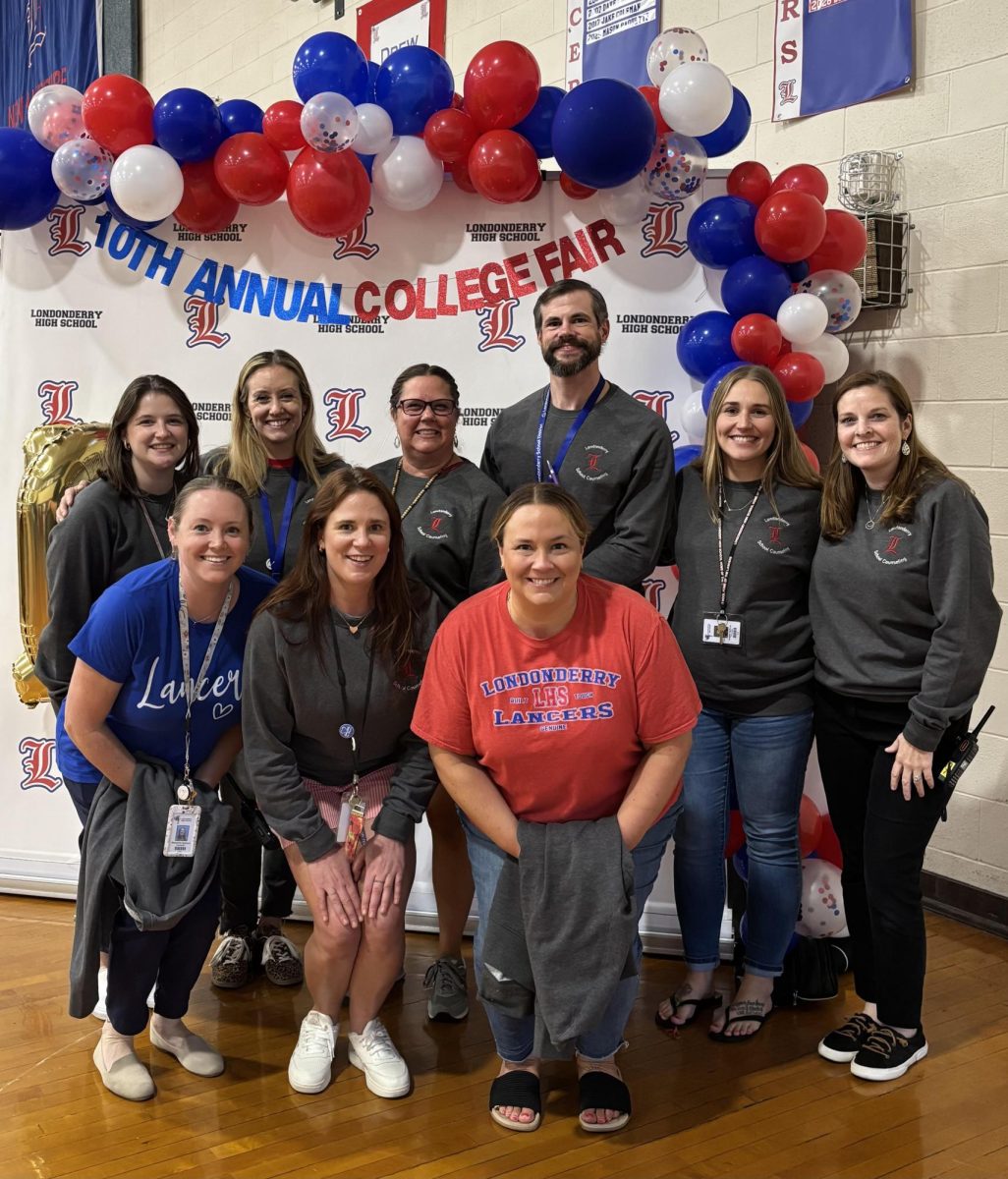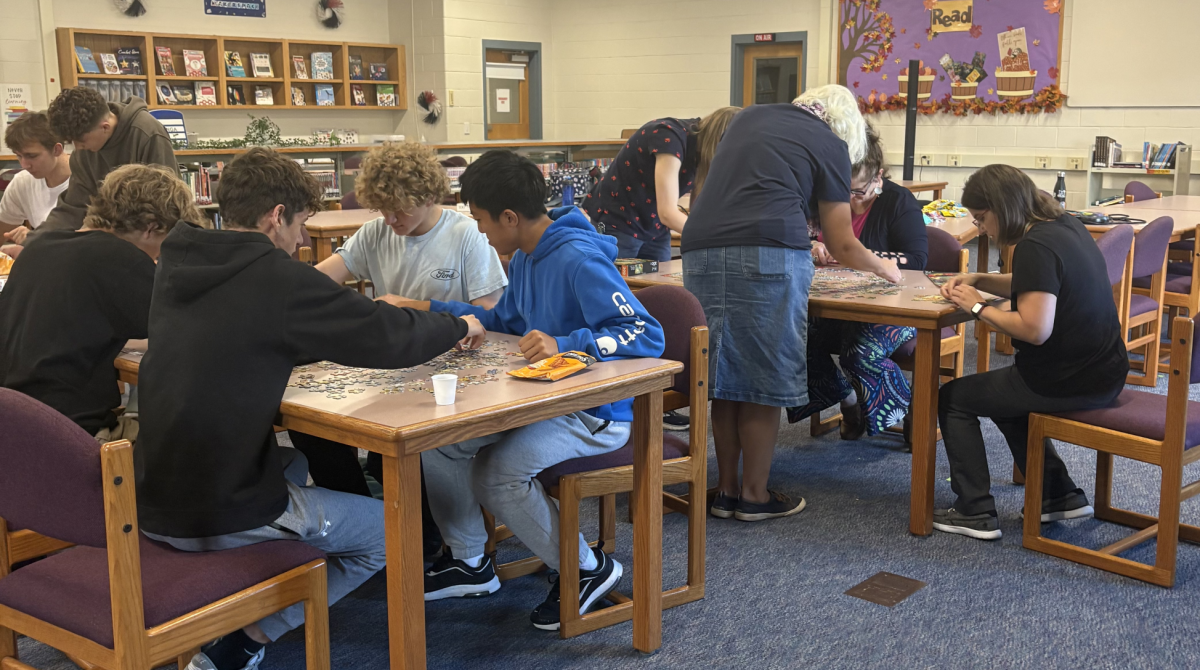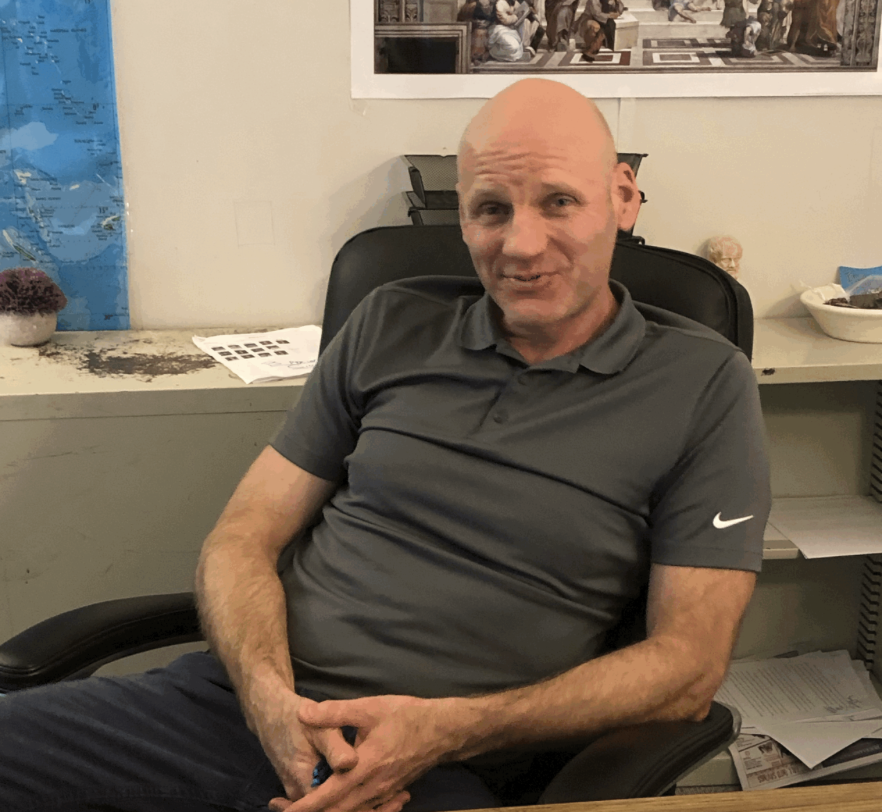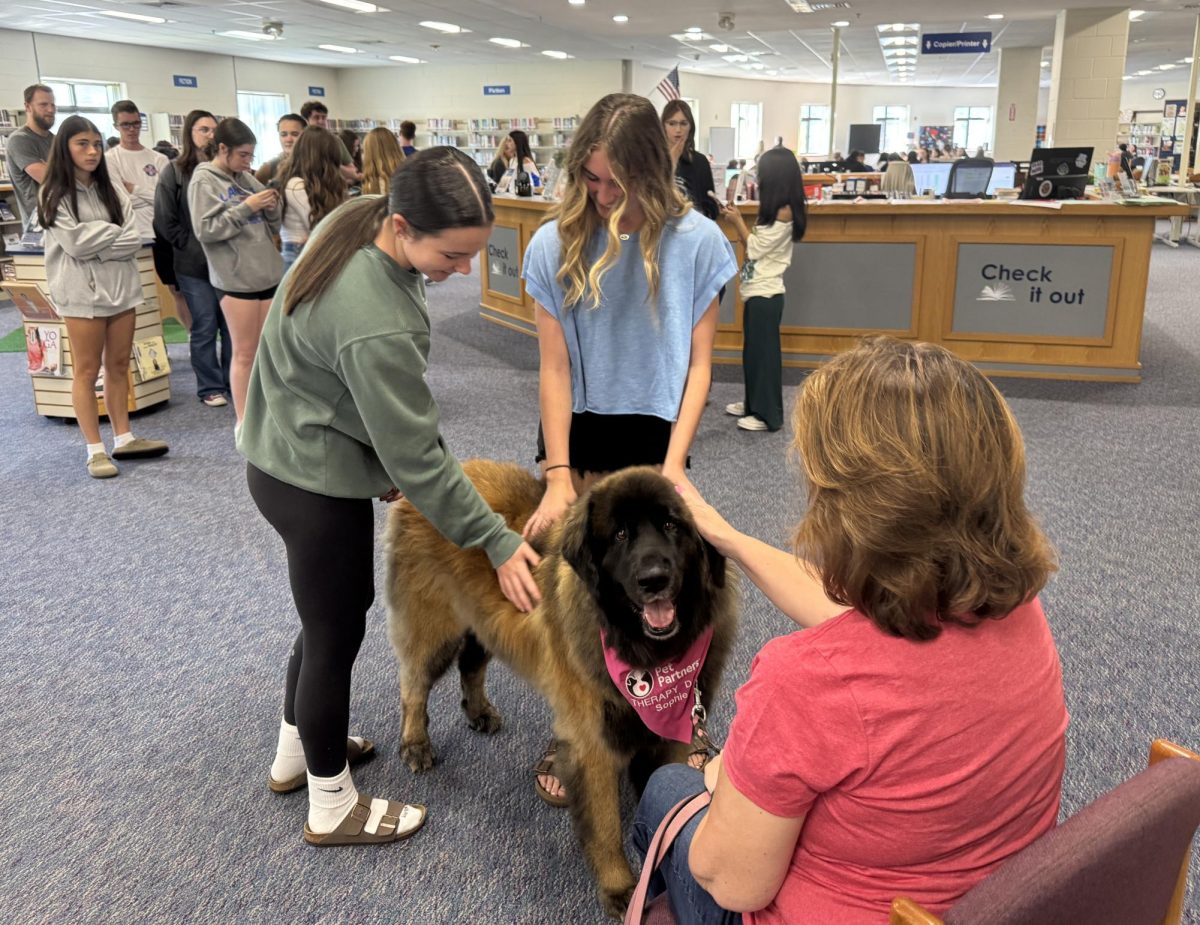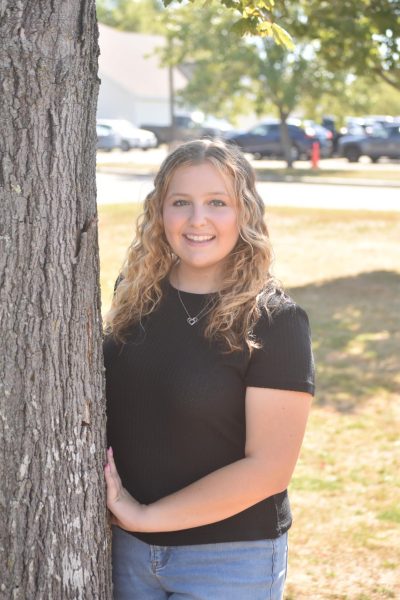How this idea came to be
Civics teacher Suzanne Johnson often talks with her students about issues regarding the mental health of students. One year while discussing these problems, the students wanted to find a way to improve mental health around the school. With the help of Johnson, they started a small campaign to try and get therapy dogs into the school system.
Although it took a couple of years and multiple new groups of students, a proposal to instate therapy dogs in the school district was presented to the school board. For any new policy to get passed, the school board must have three meetings to talk about that new policy, which also gives community members a chance to ask questions and be involved in the matter.
Any new policy has to be presented to the school board at three different meetings. The Jan. 28 meeting was the third meeting that discussed getting therapy dogs for the district, and it was passed. House 3 Administrative Assistant Laurie MacInnis shared what will come next now that the school board passed the policy which will allow therapy dogs in Londonderry schools.
“[This] means that every school will have to come up with some procedures in order to get a therapy dog to begin with,” MacInnis said. “That also means that we have the ability to use therapy dogs in the district.
This would also ensure that each Londonderry school can make their own choice of whether or not to have a furry friend roaming the halls. It will be a while before any school can actually have its own therapy dog. Although this process will be slow, time is necessary to implement rules and procedures regarding the use of therapy dogs.
“It doesn’t necessarily mean that there will be a dog in every building,” MacInnis said. “We plan to eventually have a dog work full-time here at the high school, but it would still require some policies to follow.”
Understanding different types of therapy dogs LHS could offer

“He just is a calming type of dog, so I think when a student is not even necessarily in crisis, but just having some difficulties, just petting him will bring the stress level down in a person,” MacInnis said. (Photo used with permission by Laura MacInnis)
MacInnis explains that there are hopes for multiple different types of therapy dogs who specialize in comforting different types of groups. This will be solely a volunteer basis, so once the policies are
adopted and Superintendent Daniel Black has the opportunity to review all the applications and documentation required, then the hope is there will be multiple dogs to choose from.
“There will be other dogs in the ‘menu,’ if you will, that are community volunteers or other staff members as they go through the training process,” MacInnis said. “These dogs may be more outgoing, that if God forbid, we had any kind of mass event, like a death of a student or faculty member, where the school community was coming together, then that dog would be used in a larger group setting.”
Any therapy dogs hired by the school district have to be registered and go through a vetting and application process that an owner or handler will go through with the district office in order to be allowed on district property.
“From there, school counselors will have the ability to use different kinds of dogs that have been approved for different circumstances, and that will all be arranged through the school counselors,” MacInnis said. “It can’t be a situation where somebody’s in their math class and they say to their math teacher, ‘oh, I’m having a day, I need to go see the dog,’ it won’t happen that way.”
Meet Charlie
For a while now, a dog has been in training to prepare for being one of LHS’s therapy dogs. The dog’s name is Charlie, a two-and-a-half-year-old rescue puppy who is excited to introduce himself to Lancer Nation.
MacInnis has taken on the role of giving Charlie a home and training him. She adopted Charlie when he was puppy and thought that he would be great at comforting others.
“I’ve been using him in training, and to see adults sit on the floor, which adults don’t usually do,” MacInnis said, “having the dog around gave them permission to let go a little bit, and you can feel the stress come down in the room.”
After getting to know Charlie very well, MacInnis knew this dog is a little shy and wouldn’t be able to help out large groups of people at once, but he would be great for one-on-one sessions.
“[Charlie] is not a big crowd kind of dog, he’s kind of nervous,” MacInnis said. “He will be more of a one on one dog out of House 3, so if a student or a faculty member is in crisis individually, then he would be the type of dog for that.”

MacInnis and Charlie’s trainer had been working very hard to get him to be this school’s very first therapy dog. Currently, Charlie visits after school while Adult Ed is in session, but he is not officially the school’s dog, not yet anyway.
“I did have him in here for Adult Ed, and there was a student who was having a tough day,” MacInnis said. “She was working on her work and he came over and sat on her feet. She would pet him every couple of minutes, and then she would go back to do her work and then she would pet him and go back to work.”
Charlie knew that this student was not in a great place, so he made himself available to comfort her.
“He’s funny because he will give you his back and he’ll watch over the room,” MacInnis said. “It’s like he’s protecting you.”
Sessions will eventually be available through a school counselor in your house office and they will be able to provide the dog to you if needed. When at school, Charlie will be located at House 3 for anyone who is struggling, and he will always be open to any cuddle session offered to him.
MacInnis explains that there will have to be some sort of schedule established, because the dogs will be at school with some type of regularity, but not all day, every day. It gets to be too much for the dog and their handler.
“For me personally, I have a full time job as an administrative assistant, and one of the rules around being a dog handler is that I have to be able to pay undivided attention to the dog,” MacInnis said.
If a student is in crisis, MacInnis would need to bring the dog into the school counselor’s office and be present for that interaction, which is a confidential environment, but she must be paying attention to the behavior of the dog.
“If something should happen and the dog becomes overwhelmed or the student or the faculty member is becoming overwhelmed by the dog, I will terminate that interaction and then remove the dog from the situation,” MacInnis said.
Because of the responsibilities of being a handler, MacInnis notes that it is only fair to Charlie and her full-time job to not have Charlie present at the office every single day.
“I can’t do my real job if I’m acting as a handler, because I have to solely pay attention to the dog and his behavior.”
For now, Charlie is trying to get comfortable with this school, so if you see strands of dog hair in House 3, you know exactly who was there.




